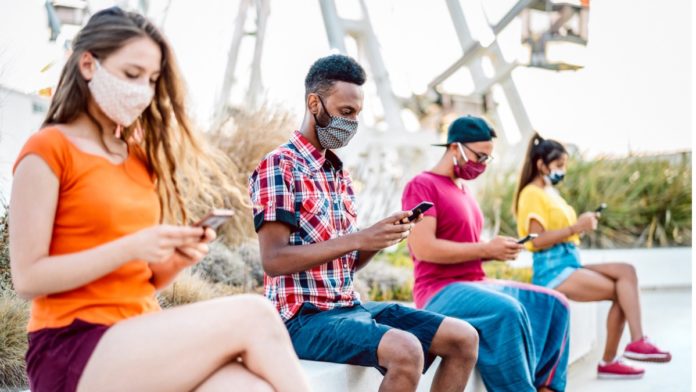
By David Sawyer
Owner, Safer Places, Inc.
The events of January 6 took many people by surprise. Yet investigations into the social media activity of those plotting and participating in the infiltration of the Capitol clearly show the warning signals were literally and figuratively on the wall.
What if an employee of yours was posting the same kind of rhetoric on social media sites? Would you want to know? If you did know, what could you do?
Would you want to know if employees were pushing the limits of what's acceptable on social media? If you did know, what could you do? #HR #HRTech @SaferPlaces Share on XScreening your employees’ social media activity is the proverbial slippery slope. There’s the argument of “what they do on their own time is their business.” Yet there’s an equally valid point that the behavior of your staff can reflect on your company and even damage it (e.g., “How could they not know one of their employees was up to that sort of thing?”).
That said, many employers are hesitant to screen the social media activity of staff members. They will informally screen the social media activity of applicants as part of the hiring process. Yet that type of activity can expose an employer to a slew of legal issues and put your company at risk of violating EEOC-protected class information. Yet it’s a fairly routine practice.

How Routine?
According to a survey by CareerBuilder, 70% of all employers use social media to screen their candidates. Of those employers, more than 50% said they found something that made them decide to not hire the candidate. (Other studies on this topic put this percentage closer to 69%.)
Yet the damage of having a staff member involved in any number of unsavory online practices – hate speech, insults and bullying, obscene and toxic language, political speech, threats of violence, drug-related images, explicit and racy images, etc. — can damage a company’s reputation and brand.
There are options for employers who wish to screen the social media activity of applicants and staff members. Many background check companies offer a social media screening/monitoring component that shields the employer from overreach. These vendors submit reports that redact extraneous information so that the employer is unlikely to encounter a lawsuit.
Still, it’s an added expense that many employers, ravaged by months of reduced business during the pandemic, have to consider. Particularly in a job market where there are simply not nearly enough candidates. That puts the employer in the unenviable position of deciding:
- Do I ignore the social media chatter and hire the otherwise qualified candidate?
- Or pass on the candidate out of fear there’s a fire with the smoke storm in their social media postings?
Ultimately, the employer has to ask which costs me more:
- A hire with a sketchy social media past who could ultimately damage the reputation of the company and be a detriment to other staff members.
- Hiring a lesser candidate or not hiring anybody at all, which impacts the business and current staff.
It’s a difficult choice. Yet most employers would rather have the data about a candidate or employee’s social media activity than not in front of them.
David Sawyer is the owner of Safer Places, Inc., a full-service firm that provides pre-employment screening, security consulting, tenant screening and additional verification services for schools, private and public companies, property managers, property owners and anyone seeking to research an individual’s background.














